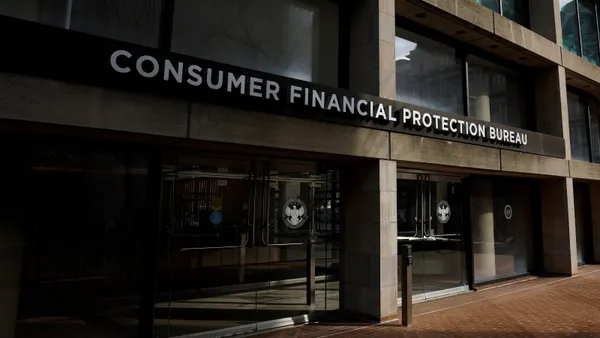The Swedish buy now, pay later provider Klarna said Tuesday that it has submitted a confidential draft registration statement to the Securities and Exchange Commission as part of a plan for an initial public offering of stock in the U.S.
Klarna has not determined the price range for the proposed offering, according to a press release the company posted on its website Tuesday evening.
The IPO will take place after an SEC review, the release said. So the schedule for the offering isn’t known yet.
Klarna is valued at about $14.6 billion, Bloomberg reported in October, citing Deutsche Bank analysts. The BNPL company reported total revenue of 13.3 billion Swedish krona ($1.46 billion) for the first half of the year, which was a 27% increase over the first half of 2023. The company posted a 333 million krona ($30.47 million) loss in the first six months of 2024, narrowing from a 1.89 billion krona ($191.17 million) loss in the year-ago period.
The BNPL firm, which is headquartered in Stockholm, was founded in 2005 by Sebastian Siemiatkowski, Niklas Adalberth, and Victor Jacobsson, making it one of the first buy now, pay later companies in the world. Siemiatkowski still serves as CEO.
Today, Klarna is one of the most prominent names in a crowded field of BNPL players that includes competitors like Afterpay, Sezzle, and Affirm.
Consumers in the U.S. and around the world have gradually ramped up spending on goods and services using the new form of installment financing in recent years.
An October survey of about 1,000 U.S. consumers conducted by The Strawhecker Group and the trade group the Electronic Transactions Association in October found 40% of consumers used buy now, pay later options at least once in the previous year to make a purchase.
Consumer advocates have voiced concerns about the payment method trapping consumers with too much debt. And regulators have scrutinized BNPL, with the Consumer Financial Protection Bureau issuing an interpretive rule in May designed to give BNPL users the same protections as credit card users. It was a move the industry largely opposed, including one fintech industry group that includes Klarna suing the federal agency over the rule.
In response to requests for additional information about the IPO plans, a Klarna spokesperson declined to comment beyond what was written in the company's news release.















